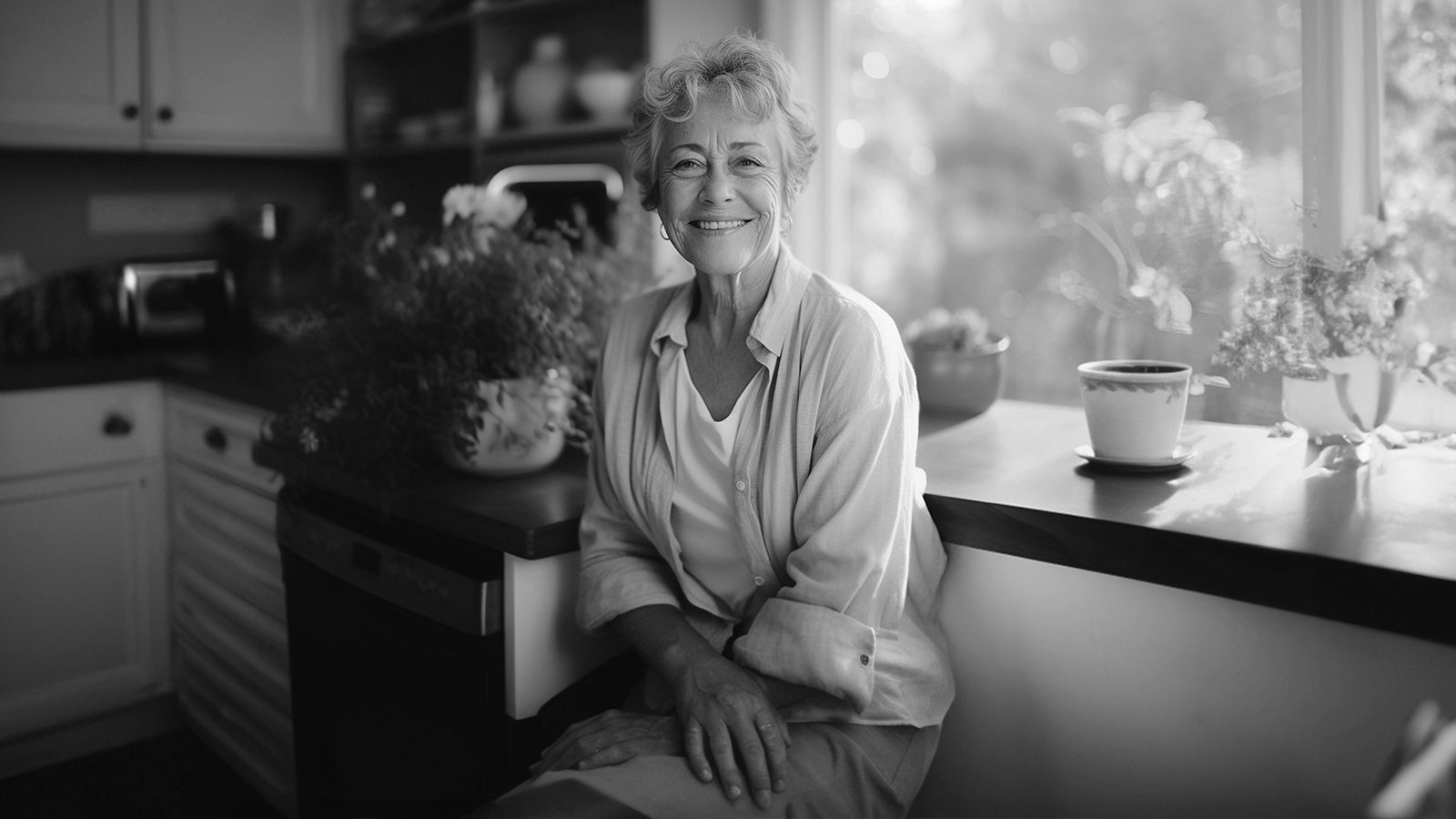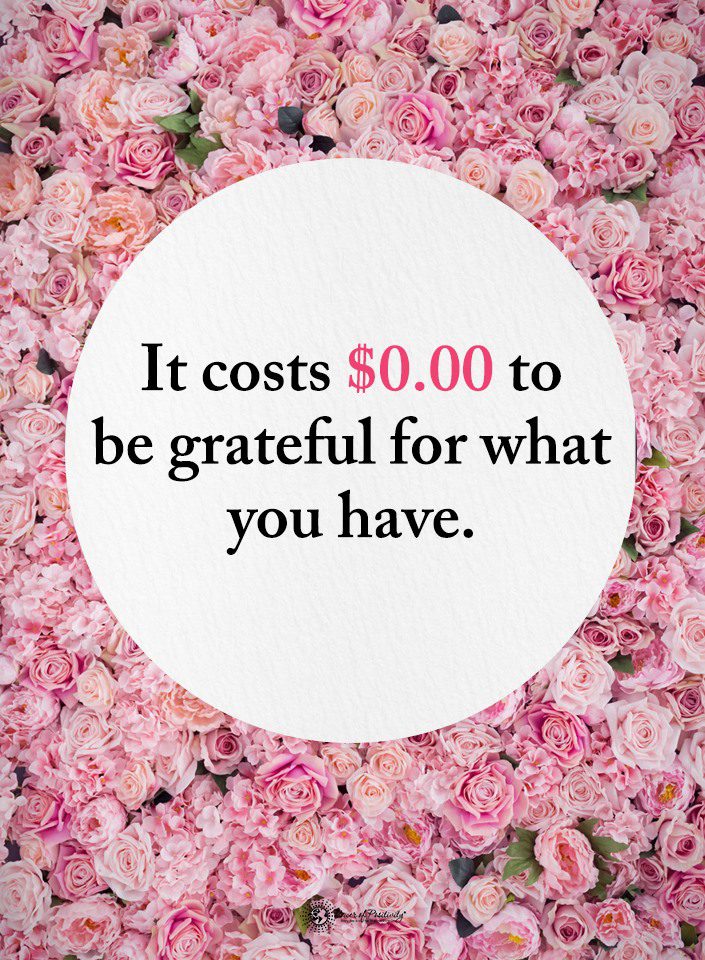Today’s sassy seniors are rewriting the rule books.
In a world where romantic fairy tales often end with “and they lived happily ever after,” it’s easy to assume that everyone dreams of finding their soulmate and settling down. But what if the path to happiness isn’t always just romantic gestures and shared sunsets? For many older adults, the choice to remain single is not a result of circumstance. Instead, it is a deliberate and empowering decision.
Looking into this trend, we uncover the reasons that drive some to embrace solitude in their later years, challenging societal norms and redefining what it means to live a fulfilled life.
If you’ve ever wondered why some choose the single life even as the years roll on, or if you’re considering this path yourself, read on. The answers might surprise you and inspire a fresh perspective on love, life, and the pursuit of happiness.
Historical Context of Staying Single Versus Pairing Up
Human relationships historically come from various cultural, societal, and historical influences. To truly understand the choice of older individuals remaining single by design, it’s essential to journey back in time and explore the evolution of societal norms surrounding relationships.
In the early 20th century and before, marriage was often less a union of love and more as a practical arrangement. Families married to consolidate wealth, forge alliances, or ensure social standing. Love, while a delightful bonus, wasn’t always the primary driver.
The societal structure was such that individuals, especially women, largely depended on these unions for financial security and social acceptance. Being single, particularly for women, was often seen as an anomaly.
Fast forward to the mid-20th century, and the world witnessed a seismic attitude shift. The feminist movement, followed by the sexual revolution, and a surge in individualism, began to challenge traditional norms. Marriage for love became the ideal, and the “nuclear family” concept took root. Yet, even then, societal expectations held firm: find love, marry, have children, and settle into the prescribed rhythm of life.
However, as the 21st century dawned, another transformation was on the horizon. Globalization, technological advancements, and other shifts meant that the confines of tradition or geography no longer bound individuals. The world became a playground of possibilities. Personal and professional aspirations began to take precedence, and the age at which people chose to marry started to climb.
With this backdrop, the idea of choosing to remain single gained traction.
Having lived through these transformative eras, older adults began to question and redefine happiness. For many, the realization dawned that fulfillment didn’t necessarily lie in following the well-trodden path but in carving out a unique journey tailored to individual desires and dreams.
Today, the choice to remain single in later years is a testament to this evolution of thought. It reflects a society learning to value individual choices and recognize that happiness is a deeply personal pursuit, not a one-size-fits-all blueprint handed down through generations.
The Benefits of Being Single in Later Life
The golden years, often envisioned as a time of shared memories with a life partner, are undergoing a redefinition. For many older individuals, these years are not about shared breakfasts but about savoring the solitude of a morning coffee, not about joint decisions but the joy of charting one’s course. Let’s delve into the myriad benefits that have led some to embrace singleness in their later years.
Single People Enjoy More Personal Freedom:
The allure of personal freedom is undeniable. Without the responsibilities and compromises that often come with a partnership, many older singles find a renewed sense of independence. There’s a certain liberation in setting one’s schedule. That might mean a spontaneous weekend getaway or a quiet evening with a book. This freedom extends to everyday choices, from what to cook for dinner to which show to binge-watch next. It’s the joy of unapologetically and uninhibitedly living on one’s own terms.
Financial Independence:
Financial autonomy is another compelling advantage. Managing finances without the need to consult or compromise can be both empowering and efficient. For some, this means splurging on a passion project or a dream vacation.
For others, the peace of mind comes from knowing they’re entirely controlling their savings and investments. Without the complexities of joint financial decisions, many find it easier to set and achieve their monetary goals.
Self-Discovery and Personal Growth:
One of the most profound benefits of being single in later life is the opportunity for self-discovery. With fewer external obligations, there’s time and space to delve deep into personal passions, whether art, music, travel, or even a new educational pursuit. It’s a time for introspection, reflecting on the journey, and envisioning the path ahead.
Personal growth does not end as we age. For many older singles, this period becomes a renaissance, a time to rediscover themselves and redefine their aspirations.
In essence, choosing singleness in the later chapters of life is not about forgoing love or companionship. Instead, it’s a celebration of self-love. It’s about recognizing that some are happier with solitude, that growth can come from introspection, and that freedom, in its truest form, is the ability to choose one’s adventure, regardless of age or societal expectations.
Some Older Adults Are Single for Their Mental Health and Well-being
While companionship can offer emotional support and shared joy, remaining single can benefit mental health, especially in later life.
Positive Impact of Solitude:
Contrary to popular belief, solitude doesn’t equate to loneliness. In fact, intentional solitude can be a powerful tool for mental rejuvenation. It offers a break from the hustle and noise of the outside world, allowing for moments of reflection, meditation, and deep thought. For many older individuals, this solitude becomes a sanctuary, a space to reconnect with themselves, process emotions, and find inner peace.
Avoidance of Relationship Stresses:
Relationships, while beautiful, come with their own set of challenges. Disagreements, compromises, and navigating emotional landscapes can sometimes lead to stress and anxiety. Many older individuals sidestep these potential stressors by remaining single, allowing for a more tranquil and harmonious daily life.
Emphasis on Self-care:
Being single often provides the time and space to prioritize self-care. Whether indulging in a spa day, taking long nature walks, practicing yoga, or simply enjoying a hobby, the focus shifts to personal well-being. This emphasis on self-care boosts mental health and contributes to overall physical health and vitality.
Building Meaningful Connections Outside of Romance:
While romantic relationships can be excellent, the bonds of friendship, community involvement, and even connections with nature can be equally fulfilling. Many older singles invest time nurturing these relationships, finding joy in community service, joining clubs or groups with shared interests, or simply fostering deeper connections with friends and family.
In a world that often equates happiness with romantic partnerships, it’s refreshing and enlightening to see that contentment can be found in various forms. For many older individuals, the choice to remain single is a testament to the fact that mental well-being and happiness are not solely derived from romantic love but from a holistic approach to life, where self-love, self-care, and meaningful connections play pivotal roles.
The Changing Face of Relationships Makes Being Single More Widely Accepted
As the world evolves, so do our perceptions and definitions of relationships. Once considered the norm, the traditional nuclear family model is now just one of many configurations in a diverse spectrum of relationship structures. This changing landscape has significantly affected why some older individuals remain single. Let’s delve into this dynamic shift.
Rise of Non-Traditional Relationships:
The 21st century has seen a surge in accepting and celebrating non-traditional relationships. From cohabitation without the legal binds of marriage to non-traditional arrangements, society has slowly recognized that love and commitment need not come out of traditional molds. For many older individuals, this means the freedom to explore relationships outside the conventional paradigms without the pressures of labels.
Living Apart Together (LAT):
A notable trend among older individuals is the LAT arrangement, where couples maintain a romantic relationship but choose to live separately. This setup offers the best of both worlds. They have companionship without compromising personal space and independence. It’s a testament to the fact that commitment doesn’t always require cohabitation.
Valuing Autonomy:
With age often comes a deep-seated appreciation for autonomy. Many older individuals, having spent years in shared living arrangements, now cherish the peace and freedom of their own space. This doesn’t negate their capacity for love or companionship; it simply means they value their independence just as much.
Community and Shared Living:
While some older singles opt for solitude, others find community in shared living arrangements. These aren’t romantic but offer the camaraderie and support of like-minded individuals. Think communal homes, co-housing, or even senior living communities where individuals share resources, responsibilities, and companionship while retaining personal space.
Fluidity in Relationships:
The modern world acknowledges that relationships, like life, are fluid. They evolve, transform, and sometimes transcend traditional definitions. For many older individuals, this fluidity means the freedom to define relationships on their terms, without societal constraints.
The changing face of relationships reflects a broader societal shift towards acceptance, understanding, and respect for individual choices. For older individuals, this means the liberty to chart their relationship journey, whether it aligns with traditional norms or carves a unique path. It’s a celebration of love in all forms, free from the confines of convention.
Final Thoughts on Understanding Why Some Older People Stay Single
Each individual gets to write their own unique story. In terms of relationships, the narrative has evolved. Today, more and more older individuals choosing the path of singleness. This choice, far from being a fallback, is often a powerful, deliberate decision rooted in self-awareness, personal growth, and a deep understanding of one’s desires and priorities.
Choices punctuate our lives, and the decision to remain single in later years is a testament to the beauty of autonomy. It celebrates how some find fulfillment, joy, and contentment. Whether through deep introspection, pursuing passions, nurturing non-romantic relationships, or simply basking in the peace of solitude, happiness is a personal journey, not a destination defined by societal norms.
As we reflect on why some older individuals opt for singleness, it’s essential to recognize and respect the diversity of human experience. In a world that often seeks to fit individuals into neatly defined boxes, remaining single is a bold assertion of individuality. It’s a reminder that fulfillment comes in many forms, and the path to happiness is as varied as the individuals who tread it.
In the end, whether single or partnered, the essence of life lies in authentic connections, meaningful experiences, and the relentless pursuit of one’s version of happiness. Let’s celebrate these choices, champion individual narratives, and embrace the beautiful diversity of the human experience.























